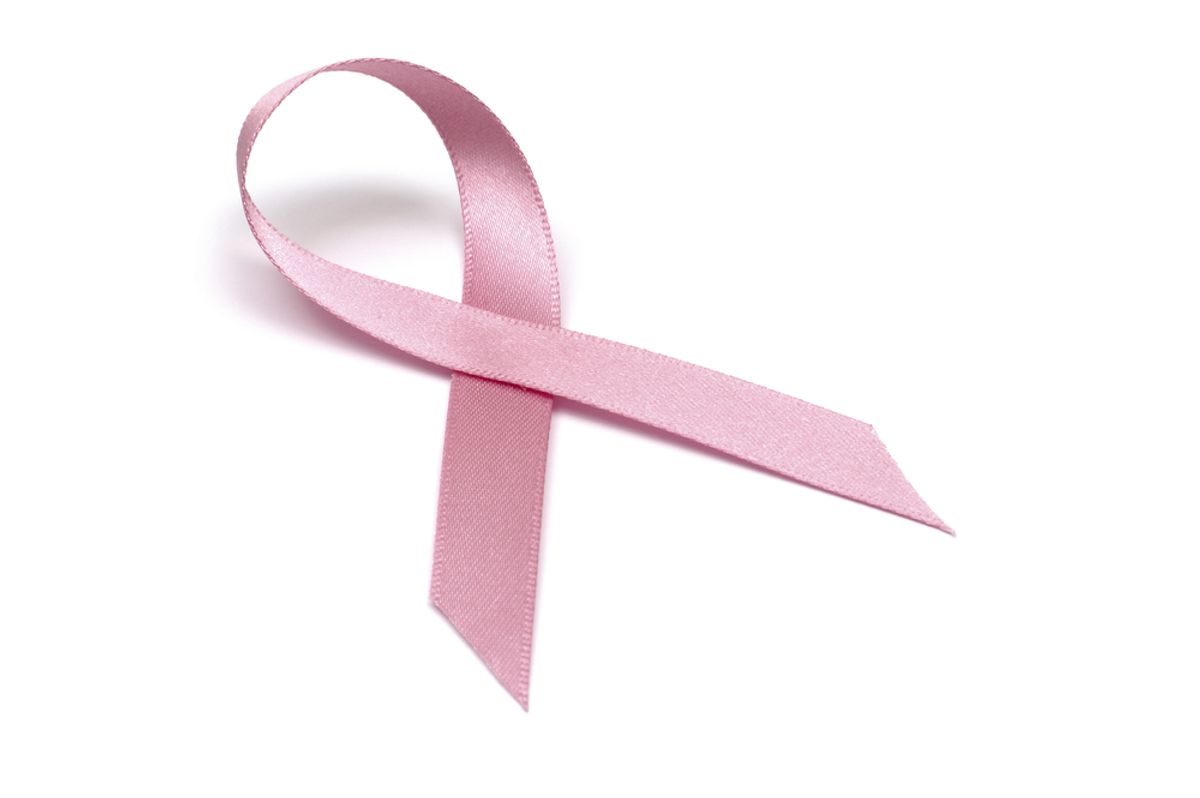 Ed. note: This is a guest post from Verónica Bayetti Flores. Verónica is the Assistant Director of the Civil Liberties and Public Policy program (CLPP) at Hampshire College. She has worked to increase access to contraception and abortion, fought for paid sick leave, demanded access to safe public space for queer youth of color, and helped to lead social justice efforts in Wisconsin, New York City, and Texas.
Ed. note: This is a guest post from Verónica Bayetti Flores. Verónica is the Assistant Director of the Civil Liberties and Public Policy program (CLPP) at Hampshire College. She has worked to increase access to contraception and abortion, fought for paid sick leave, demanded access to safe public space for queer youth of color, and helped to lead social justice efforts in Wisconsin, New York City, and Texas.
Yesterday the New York Times featured an article in its Sunday magazine about breast cancer awareness initiatives, and what the real effects these initiatives have had on the lives of women. It’s on the longer side, but one that’s framed around the personal narrative of the author – a breast cancer survivor herself – and well worth a read:
Just about everywhere I go — the supermarket, the dry cleaner, the gym, the gas pump, the movie theater, the airport, the florist, the bank, the mall — I see posters proclaiming that “early detection is the best protection” and “mammograms save lives.” But how many lives, exactly, are being “saved,” under what circumstances and at what cost? Raising the public profile of breast cancer, a disease once spoken of only in whispers, was at one time critically important, as was emphasizing the benefits of screening. But there are unintended consequences to ever-greater “awareness” — and they, too, affect women’s health.
The article explores some of the research on mammography, and particularly the ways that it’s been heralded by awareness initiatives as THE answer to preventing breast cancer deaths, when in reality the research is actually pretty mixed. Moreover, it points to the pretty shallow nature of these initiatives, which are often encouraging a blind consumerism around anything pink – from measuring spoons to lip balm to sunglasses – regardless of whether the corporations making these pink item dump carcinogens into the environment, or even whether the pink items themselves contain known carcinogens or can otherwise be linked to the development of cancer. This is not even to mention these initiatives’ silence around disparities in mortality from breast cancer – black women have higher death rates despite a lower incidence, for example – and what are likely the root causes of these disparities: issues like lack of access to health care, or low-income folks and communities of color disproportionately living near sites with high levels of carcinogens.
As the daughter of a breast cancer survivor, I’ve thought about this a lot – not only what the research means for me personally, but also how much of this “awareness” stuff serves to terrorize women about their susceptibility to a potentially fatal disease while at the same time being completely detached from any critique around health care policy, environmental exposures and the corporations that are responsible for them, the idea that consumerism is the solution to any kind of problem, or even any kind of actual information about breast cancer based on public health research. Where is the reliable information about the benefits vs. the very real risks of mammography in the sea of pink plastic crap? How is buying a pink blender helping anyone access life-saving care? How is watching football players play a game in pink cleats leading anyone to a balanced conclusion about their course of action regarding screening or treatment?
Despite the fact that the mainstream breast cancer movement hardly goes deeper than pink yogurt tops, there are folks working on the issues and questions that do have the potential to deeply impact the epidemic: toxic chemical regulation, access to health care and healthy food options, and human gene patents. Breast Cancer Action is a great resource, and it’s worth checking out their Think Before You Pink campaign and their resources on screening, treatment, and policy solutions if you’re interested in a solid analysis of the issues at hand and what we can do to address them.



Shares